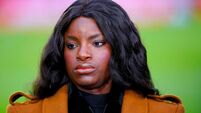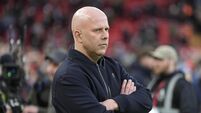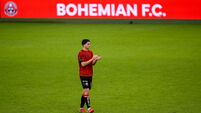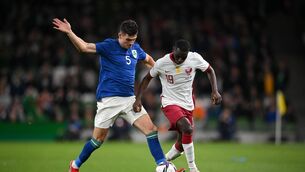Best’s family says farewell
As the crowd raved and Best accepted the plaudits of his team mates, a rookie scribe in the press box looked up and asked: “Did anyone get a time on that?”
A wiser owl replied: “Never mind the time, son, just write down the date.”














